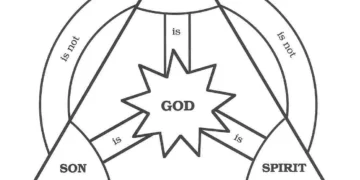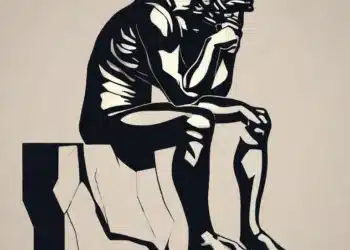The saying “everything happens for a reason” is a common phrase used to express the belief that events and situations in life have a purpose or underlying cause. It suggests that every experience, whether positive or negative, is part of a larger plan or design.
When examining this saying critically, it is important to acknowledge that the concept of “everything happens for a reason” is subjective and heavily influenced by personal beliefs, including religious ones. One parallel that can be drawn is with Christian beliefs and the notion of God’s plan for humanity.
Christianity teaches that God is sovereign and has a divine plan for each individual’s life. This belief holds that God’s will is manifested in all events, and everything that occurs is part of His plan. From this perspective, the saying “everything happens for a reason” aligns with the idea that God orchestrates all occurrences and that there is a purpose behind every event.
However, it is essential to consider the limitations of this belief and critically analyze its implications. One might question the idea that every event, including immense suffering and tragedy, is part of a predetermined plan. This raises ethical concerns, as it implies that God either allows or directly causes pain and suffering for a greater purpose, which can be challenging to reconcile with the concept of a loving and compassionate deity.
Furthermore, the saying “everything happens for a reason” can often lead to a complacent attitude or a lack of personal agency. If individuals believe that all events are predestined or part of God’s plan, they may become passive spectators of their own lives, neglecting their responsibility to take action, make choices, and create positive change.
In moments of adversity, this saying may provide a sense of comfort and meaning, helping individuals find solace in the face of uncertainty. It can offer a way to understand and cope with life’s challenges by attributing them to a higher purpose. However, it is essential for individuals to balance this belief with critical thinking, personal responsibility, and empathy.
Ultimately, the saying “everything happens for a reason” and its parallels with Christian beliefs about God’s plan for humanity have profound implications. While it can provide solace and a sense of meaning, it should be approached with caution and balanced with critical reflection on the complexities of the human experience.















































































